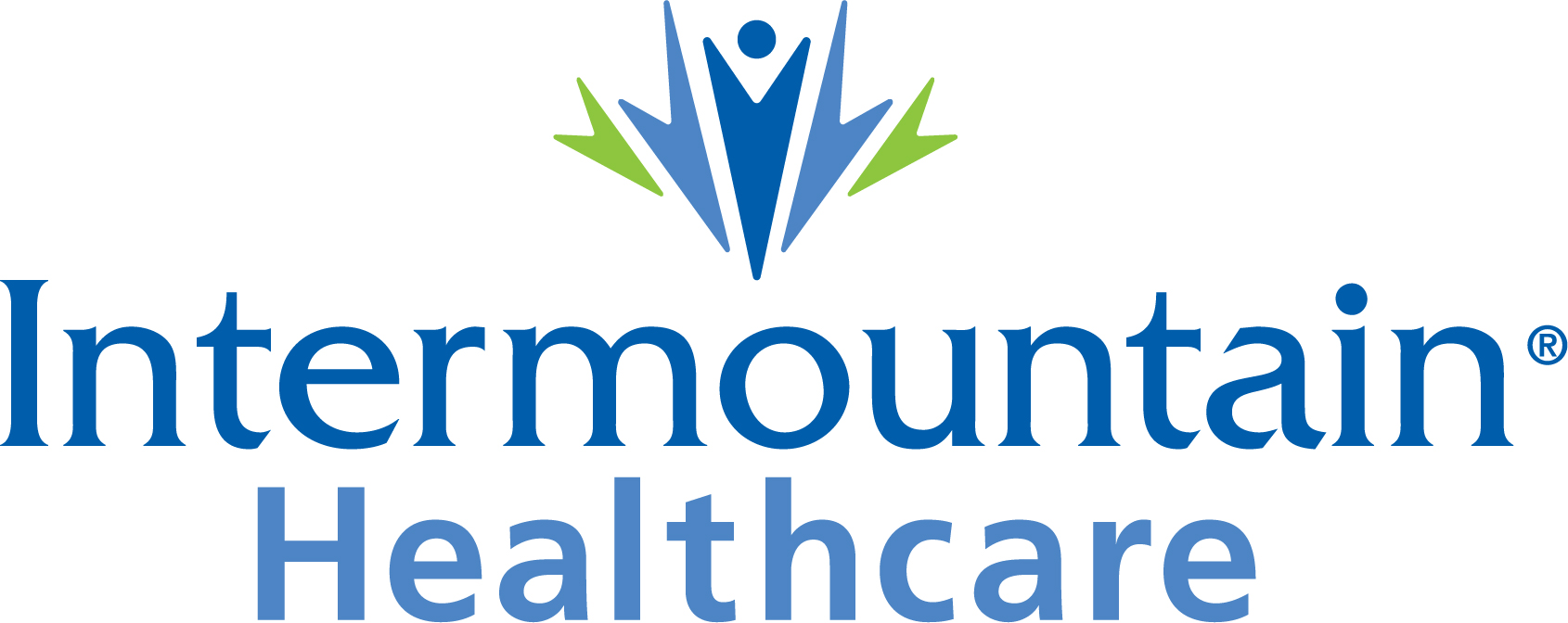The Gift That Keeps on Giving: How You Can Make a Difference During National Blood Donor Awareness Month
Industry: Healthcare
Intermountain Healthcare wants to remind people about the life saving gift of blood donation and recognize the three percent of the U.S. population that donates blood.
Salt Lake City, UT (PRUnderground) January 20th, 2023
Someone needs blood every few seconds in the United States, and more than 4.5 million Americans would die every year without lifesaving blood transfusions. National Blood Donor Month is an opportunity to remind people about the life saving gift of blood donation and recognize the three percent of the U.S. population that donates blood each year.
Winter is “one of the most difficult times of the year to collect enough blood products to meet patient needs,” according to the American Red Cross, that’s because of, among other things, busy holiday schedules, bad winter weather often resulting in canceled blood drives. The U.S. also sees a lot of seasonal illnesses such as the flu, forcing potential donors to cancel their scheduled blood donations.
“An empty heart is a lethal event, no one survives an empty heart,” said Sarah Ilstrup, MD, clinical pathology medical director for Intermountain Health. “Donated blood buys time for our trauma teams to save more lives.”
A decision to donate blood can save a life, or even several if your blood is separated into its components – red cells, platelets and plasma.
How Your Blood is Used
About 36,000 units of red blood cells and 7,000. Units of platelets are needed every single day in the U.S.
From one unit of blood, red blood cells can be extracted and used to treat patients who lost blood due to trauma or those who are recovering from surgery.
Plasma, the liquid part of blood, is typically administered to patients requiring treatment to improve blood clotting.
Platelets, a third component, clot the blood when cuts or other open wounds occur, and are often used in the treatment of patients with cancer or those undergoing organ transplants.
The most requested blood type by hospitals is type O. This kind of blood can be transfused. To patients of all blood types so it’s always in great demand and very short supply. Only 7% of people in the U.S. have type O.
American Red Cross has a new app that allows you to track your donated blood.
Get more info here: https://www.redcross.org/local/california/southern-california/about-us/news-and-events/news/track-your-blood-journey-with-the-red-cross-blood-donor-app.html
Whole Blood
Intermountain Medical Center is the only Trauma I hospital in Utah – and was one of the first in the nation in 2019 – to switch to begin administering whole blood during transfusions for patients with severe trauma, rather than component blood products.
“The standard of trauma care for the past 40 years has been to give patients in need of an emergency transfusion IV fluids, packed red blood cells, platelets and fresh frozen plasma,” said David Morris, MD, a trauma surgeon at Intermountain Medical Center. “But that thinking has changed from experiences in the battlefield and advances in medicine. Now, civilian hospitals are adopting the strategy of giving whole blood.”
Dr. Morris says the advantages of activating a whole blood massive transfusion protocol includes:
- Achieving stability earlier on in the patient’s treatment
- Lower infections
- Fewer units of transfusions
- No special handling or storage needed of whole blood with a shelf life of 21 days
Intermountain has also expanded its use of whole blood with neonatal resuscitation at four of its hospitals: St. George, Utah Valley in Provo, McKay Dee in Ogden and Intermountain Medical Center in Murray.
Why Donate?
A study supported by National Blood Foundation surveyed more than 5,000 blood donors to find out more about why they donate blood. Nearly 75% of the respondents said that they give blood to help others.
Respondents also said that giving blood makes them feel good about themselves, supports their local communities and hospitals, supports their community, and “pays back” society for the times when they or their families have needed blood transfusions in the past.
How to Donate
To schedule an appointment, go to: RedCrossBlood.org or www.utahblood.org
About Intermountain Healthcare
Headquartered in Utah with locations in eight states and additional operations across the western U.S., Intermountain Healthcare is a nonprofit system of 33 hospitals, 385 clinics, medical groups with some 3,900 employed physicians and advanced care providers, a health plans division called SelectHealth with more than one million members, and other health services. Helping people live the healthiest lives possible, Intermountain is committed to improving community health and is widely recognized as a leader in transforming healthcare by using evidence-based best practices to consistently deliver high-quality outcomes at sustainable costs. For more information and updates, click here


